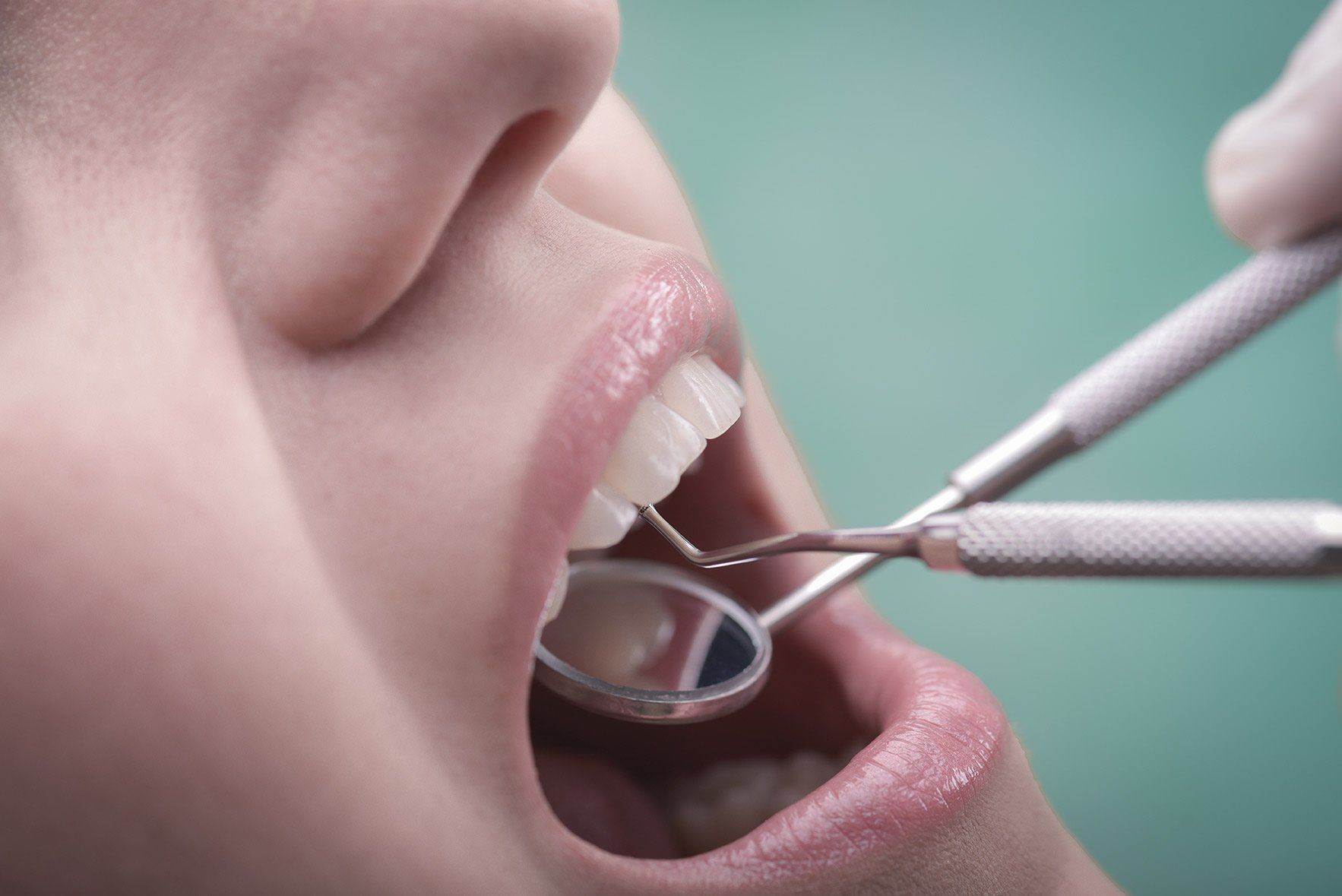Cavities: What to Know and How to Correct Them
What Are Cavities?
Cavities, also known as tooth decay, are damaged areas on the surface of your teeth that develop into tiny holes or openings. They occur when plaque, a sticky film of bacteria, builds up on your teeth and produces acids that erode the enamel. Over time, this deterioration can extend deeper into the tooth, causing pain and complications.
Cavities can form on any tooth but are most commonly found on molars and premolars due to their grooves and crevices, which make them harder to clean.
What Causes Cavities?
Understanding the causes of cavities can help prevent them. Here are common contributing factors:
Poor Oral Hygiene: Irregular brushing and flossing allow plaque and bacteria to build up, increasing the risk of tooth decay.
Sugary and Starchy Foods: Consuming foods and drinks high in sugar or starch fuels bacteria in your mouth, which then produce cavity-causing acids.
Dry Mouth: Saliva helps wash away bacteria and neutralize acids. A lack of saliva can increase your chances of developing cavities.
Tooth Location: Back teeth are more prone to cavities due to their shape and location, making it easier for food particles to get trapped.
Frequent Snacking: Constant snacking or sipping sugary drinks creates a steady acid attack on your teeth throughout the day.
Genetic Factors: Some people are genetically predisposed to weaker enamel or other conditions that make them more susceptible to tooth decay.
The symptoms of cavities can vary depending on their size and location. Early-stage cavities may not cause any noticeable discomfort, but as they progress, you might experience tooth sensitivity to hot, cold, or sweet foods and drinks, as well as toothache or pain when biting or chewing. Of course, if you see visible holes or pits in your teeth, it's a sure sign of a cavity. Other signs, such as staining on the surface of your tooth or bad breath, may be a symptom of a cavity.
How to Prevent Cavities
The best treatment for cavities is prevention. By adopting healthy habits, you can minimize your risk and keep your teeth strong and healthy. It's important to brush and floss daily with fluoride toothpaste to remove plaque and food particles. It's also a good idea to limit sugary foods and drinks, helping to starve the bacteria that cause cavities. Doing something as simple as staying hydrated can also help you avoid cavities. Drinking water stimulates saliva production and helps rinse away food debris. You should also use dental products with fluoride and consider dental sealants to protect your teeth from tooth decay. As always, it's a good idea to visit your dentist regularly for cleanings and check-ups that will catch issues with your teeth.
How Are Cavities Treated?
The treatment for cavities depends on their severity. For minor to moderate cavities, the most common solution is cavity fillings. Here’s how the process works:
- Diagnosis: Your dentist uses visual examination, X-rays, or other tools to locate the cavity.
- Removal of Decay: The decayed part of the tooth is carefully removed to prevent further damage.
- Filling the Cavity: The cleaned-out space is filled with a durable material, such as composite resin, amalgam, or porcelain, to restore the tooth’s structure and prevent further decay.
Filling a cavity is a quick and effective procedure that not only restores the tooth’s integrity but also relieves any discomfort. For larger cavities, additional treatments like crowns or root canals may be necessary. These protect the tooth from further damage and restore its functionality.
Choose Kenneth R. Banas DDS for Expert Cavity Care
At Kenneth R. Banas DDS, we’re dedicated to providing compassionate and professional dental care. Our expertise in cavity fillings ensures your teeth are treated effectively while prioritizing your comfort. Kenneth R. Banas is the trusted choice for cavity fillings in Buffalo, NY. Whether you need a filling, routine cleaning, or preventive care, we’re here to help you achieve a healthy and confident smile. Don’t wait until a small cavity becomes a larger problem. Contact us today to schedule an appointment and take the first step toward better oral health. Your smile deserves the best!








